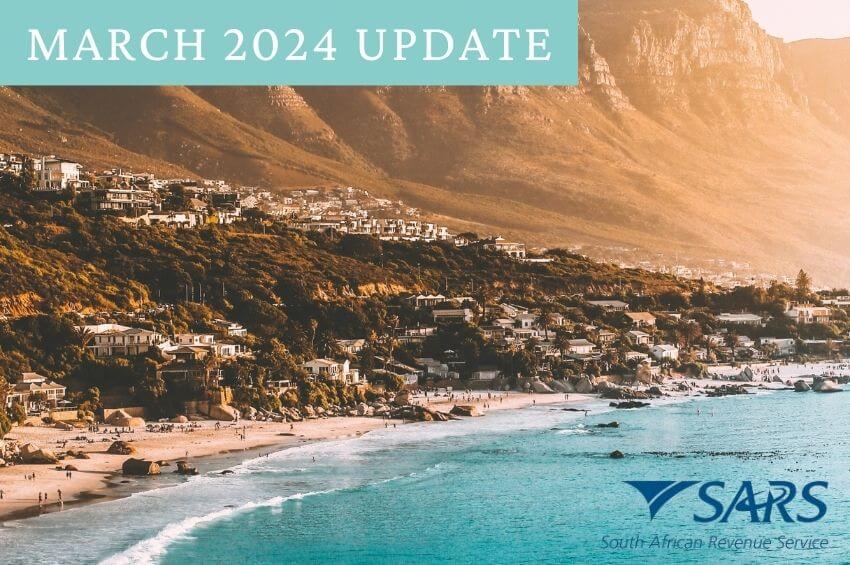
Home What should Americans do before they become expatriates?

What should Americans do before they become expatriates?
Getting your Trinity Audio player ready... |
You’ve made the decision to move out of the United States, and you plan to live in another country for a long time, perhaps even permanently. As you think about beaches and retiring to an area where the cost of living is less, you’ll also want to think about your current financial situation and your lifestyle. What changes will you need to make now, before you become an expat, to ensure that you’ve covered all of your bases? There are a few key things to keep in mind throughout the process.
Taxes
If you are a United States citizen, you may be required to file taxes even as an expat. In fact, new laws make it harder for individuals living outside the country to “hide” money in foreign accounts, including foreign assets. The short answer is that if you are earning money as an American citizen, you likely will need to file an income tax return just like you do now. There are income limitations on this, though, and these do change from time to time. Work with a tax professional familiar with expats to get the help you need.
Banking
In some cases, you’ll want to keep your current financial institutions open. This is rarely necessary though. If you are moving to a country with a sound financial system, you’ll find that transferring funds electronically from one bank to the next is an option and offers perhaps the best conversion of your U.S. dollars. In larger countries, opening new accounts online is even an option. What you don’t want to do, though, is to turn to the wrong financial institution. Spend some time considering various facilities in the location.
Investments
Having access to your investments is important, but it is not always easy to make the move from one country to the next. You’ll want to work closely with the financial firm that you plan to use in the new country to make this switch. The process of moving retirement accounts, for example, can be a challenge due to taxation rules. In some cases, you’ll want to keep your investments in the U.S. to avoid penalties.
Life Insurance
Update your life insurance plans to include new information about where you live. Keep in mind that some policies have limitations and exclusions that could impact you. You’ll also want to update beneficiaries at this time, if needed.
Government Info
Check with the U.S. embassy in the country you plan to live to determine the status of your identification. With a modern U.S. driver’s license, passport, and state-issued identification, you should not have trouble securing new documentation from local government offices.
Visas
Every country has different requirements for obtaining visas. Most U.S. citizens need to obtain these for tourism and to work in that country, but the terms, including the length of stay, and permanent visas range widely from one area to the next. Work closely with the visa offices of that country to establish your own requirements.
Housing
Finding a house can pose a problem in some areas, while in others there is no concern. Some countries limit foreign buyers, and others do not. Work closely with a local real estate agent (most modern countries offer these) to ensure you have established the proper process. Even with renting, you may need to have the right type of visa in place or be in the country for a specific length of time prior to being allowed to take ownership.
Bills and Commitments
Maintaining U.S. accounts can make paying for ongoing U.S. bills easier to do. However, you’ll want to ensure that you talk to any lender or other entity that you have a commitment with to find the most affordable, logical way for you to manage these ongoing commitments from abroad.
Related
You May Also Like
DISCLOSURE:
mikecoady.com, the website, does not provide financial, investment or tax advice. It is specially designed to provide its users with general information. It does not give individual or specific advice on which products or services are the most appropriate for an individual’s particular circumstances. We may from time to time publish content on this site that has been created by affiliated or unaffiliated contributors.







